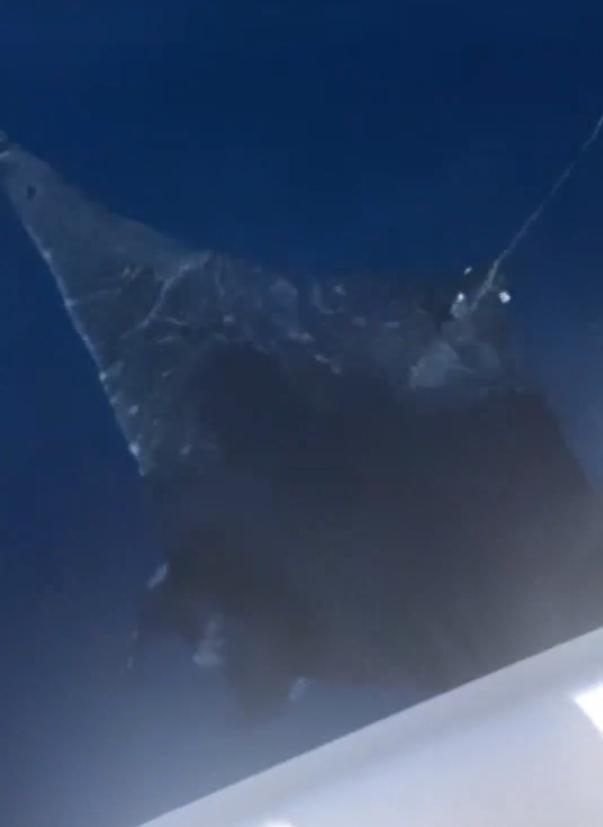A spectacular ray, possibly up to five meters long, was hooked by an astonished fishing enthusiast who had taken advantage of the good weather to venture out to sea near Soller. The video, recorded by Pep Toni Vicens, captures the sheer size of the ray, which left a significant impression on the onlookers, all experienced in the field and eager to document such a remarkable presence.
Fortunately, the stingray eventually managed to free itself and swim away, leaving behind lasting memories and captivating footage for those involved. This extraordinary event once again highlights the Mediterranean's capacity to surprise.
Stingrays are a group of sea rays, a type of cartilaginous fish classified in the suborder Myliobatoidei of the order Myliobatiformes. They consist of eight families, including Hexatrygonidae (sixgill stingray), Plesiobatidae (deepwater stingray), Urolophidae (stingarees), Urotrygonidae (round rays), Dasyatidae (whiptail stingrays), Potamotrygonidae (river stingrays), Gymnuridae (butterfly rays), and Myliobatidae (eagle rays). There are approximately 220 known stingray species, organized into 29 groups. These diverse families illustrate the wide range of habitats and adaptations stingrays have developed to thrive in their environments.
Stingrays are common in coastal tropical and subtropical marine waters worldwide. Some species, like the thorntail stingray (Dasyatis thetidis), inhabit warmer temperate oceans, while others, like the deepwater stingray (Plesiobatis daviesi), dwell in the deep ocean. Certain stingrays, such as the river stingrays and the Niger stingray (Fontitrygon garouaensis), are restricted to freshwater environments. Most stingrays are demersal, living near the sea floor, but some, including the pelagic stingray and eagle rays, are pelagic, living in the open ocean. Their feeding strategies are diverse, ranging from crushing hard-shelled mollusks to filtering plankton with specialized structures.
Stingrays are not usually aggressive and attack humans only when provoked, often when accidentally stepped on. Their stingers can cause local trauma, pain, swelling, and muscle cramps from venom, sometimes leading to infection. While injuries are very painful, they are rarely life-threatening unless a vital area is pierced.


No comments
To be able to write a comment, you have to be registered and logged in
Currently there are no comments.